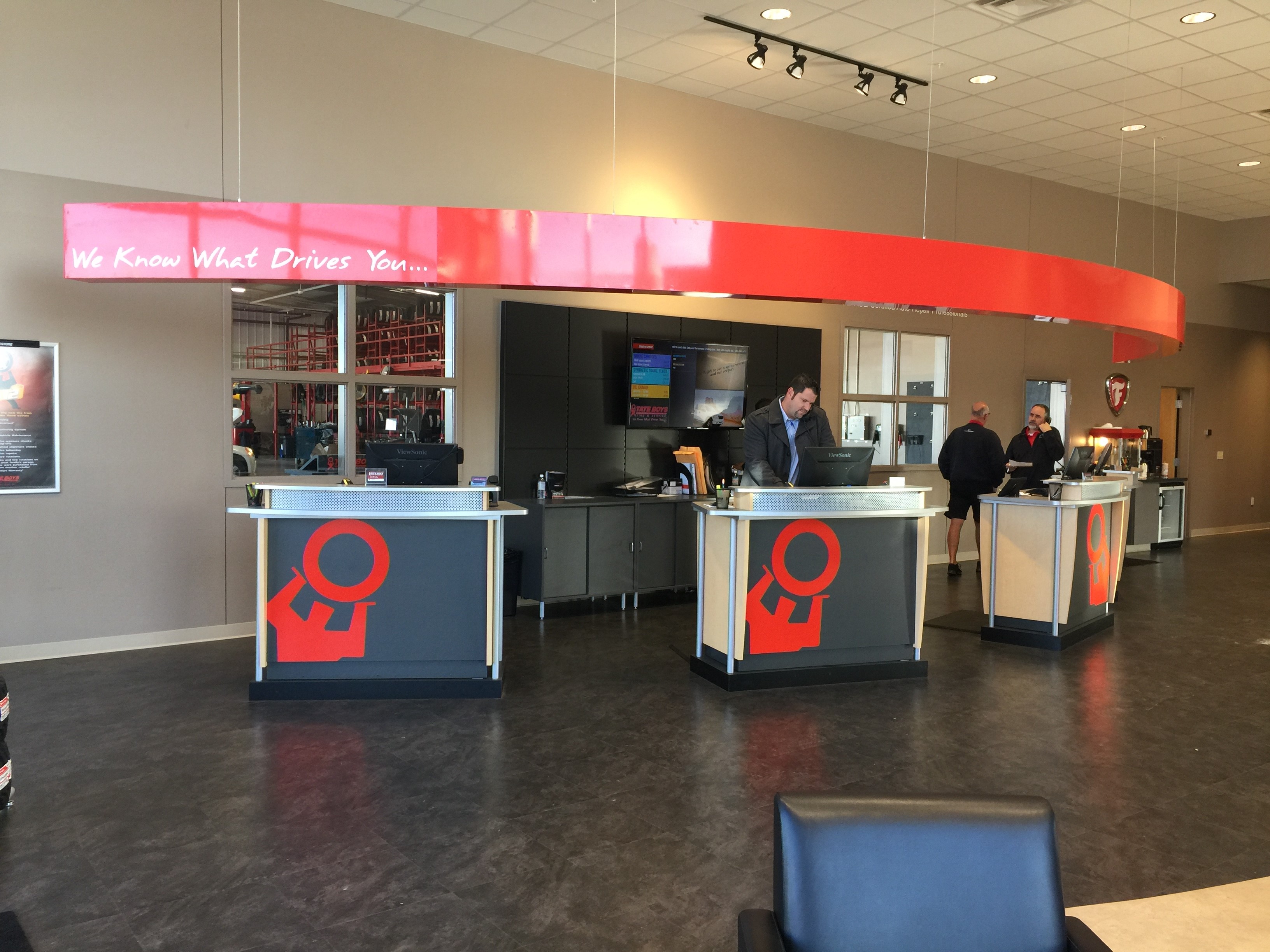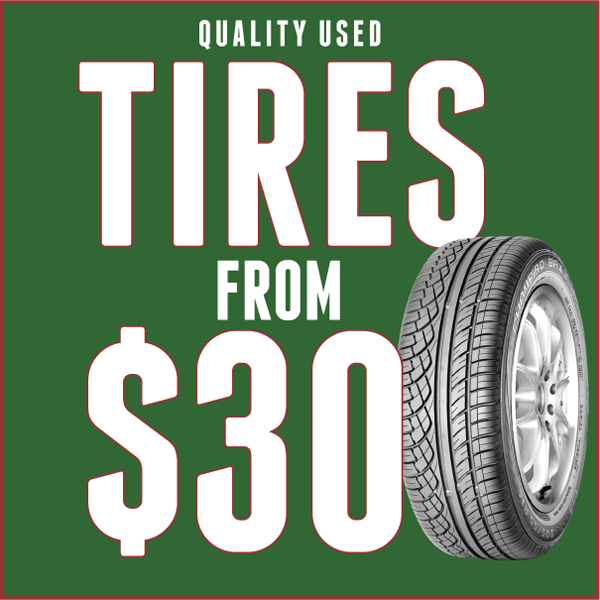
Tire Solution Mistakes to Stay Clear Of at All Costs
Maintaining a car's tires might seem like a simple job, but it is essential to stay clear of particular common errors that could affect both security and efficiency. From keeping the proper tire stress to ensuring normal rotations and placements, there are key facets of tire service that should not be overlooked. By avoiding these mistakes, chauffeurs can prolong the life-span of their tires and boost their driving experience. There is one essential error that frequently goes undetected, and it can have significant effects if left unaddressed.
Incorrect Tire Stress
Why is maintaining the proper tire pressure vital for ideal vehicle performance and security? Correct tire pressure is crucial for different reasons. Maintaining the suggested tire stress guarantees that the tires put on uniformly, expanding their lifespan and saving you cash in the long run.
Underinflated tires can influence your lorry's handling and braking capabilities, enhancing the threat of mishaps, specifically in emergency circumstances. By adhering to the suggested tire stress levels, you make sure ideal lorry performance, enhanced security on the road, and cost-effective maintenance.
Ignoring Tire Rotations
Appropriate tire rotations are a necessary aspect of routine upkeep to make sure also use and extend the lifespan of your tires. When tires are not rotated on a regular basis, the front tires will certainly put on out a lot more swiftly than the back tires due to factors like braking and steering.
By disregarding tire turnings, you might also jeopardize the fuel performance of your car. Unevenly used tires can produce additional drag out the road, causing the engine to function more difficult and eat more fuel. This can result in unneeded expenditures at the fuel pump and add to boosted carbon exhausts.
To avoid these problems, it is advised to adhere to the supplier's standards for tire rotation intervals, generally every 5,000 to 7,000 miles, or as defined in your automobile's proprietor's handbook. Routine tire turnings will certainly promote even step wear, prolong tire life, improve gas efficiency, and enhance the total safety and security and performance of your lorry.
Ignoring Wheel Alignments
Disregarding wheel positionings after abandoning regular tire turnings can result in detrimental effects on your lorry's handling and total performance. When wheel alignments are disregarded, it can lead to unequal tire wear, triggering early deterioration of the tires.
To avoid these issues, it is suggested to include wheel alignments as component of your normal upkeep regimen, specifically after passing up home tire turnings. Normal wheel alignments not just guarantee a smoother driving experience yet also help extend the lifespan of your tires and boost general safety on the roadway.
Overlooking Tire Footstep Depth
Guaranteeing ample tire step deepness is crucial for preserving car safety and security and performance. The walk on your tires plays a vital role in supplying grip, specifically in slippery or damp problems. Overlooking tire step deepness can cause lowered grip when driving, longer stopping distances, and a boosted threat of hydroplaning. To examine your tire walk deepness, you can make use of an easy step deepness gauge or the cent examination. Put a cent into the step grooves with Lincoln's head inverted; if you can see the top of Lincoln's head, it's time to change your tires. Driving on tires with insufficient walk deepness not just compromises your safety but also influences your automobile's handling and gas effectiveness. Frequently evaluating and maintaining proper tire walk More about the author deepness is vital why not try this out for secure driving and optimum performance. Do not neglect this essential facet of tire maintenance, as it can make a significant difference in your general driving experience.
Avoiding Regular Tire Evaluations
Frequently monitoring the problem of your tires through complete inspections is vital for maintaining optimum vehicle security and performance. By neglecting to evaluate your tires, you may miss important warning signs of wear and tear, such as unequal walk wear, splits, protrudes, or foreign things lodged in the tire.

To ensure your safety and security and the long life of your tires, make it a behavior to arrange routine tire inspections as part of your automobile upkeep regimen. By staying positive and attentive to the condition of your tires, you can prevent costly repairs and potentially hazardous circumstances when driving.
Final Thought
Finally, it is crucial to stay clear of usual tire service blunders to ensure the safety and longevity of your vehicle (tire shop near me). Incorrect tire stress, neglecting turnings, disregarding alignments, ignoring walk depth, and missing inspections can result in harmful driving conditions and pricey repairs. By staying proactive and vigilant in preserving your tires, you can protect against unnecessary accidents and costs in the future
From keeping the correct tire pressure to making certain regular rotations and placements, there are key aspects of tire service that ought to not be overlooked. When tires are not turned frequently, the front tires will wear out more rapidly than the back tires due to aspects like braking and guiding. By overlooking to examine your tires, you may miss out on crucial warning indicators of wear and tear, such as uneven walk wear, cracks, protrudes, or foreign items lodged in the tire.Routine tire evaluations additionally enable for the very early discovery of positioning or suspension issues, which can create uneven tire wear if left unaddressed. Overlooking to inspect and maintain the right tire pressure can result in reduced gas mileage, poor handling, and premature tire wear.